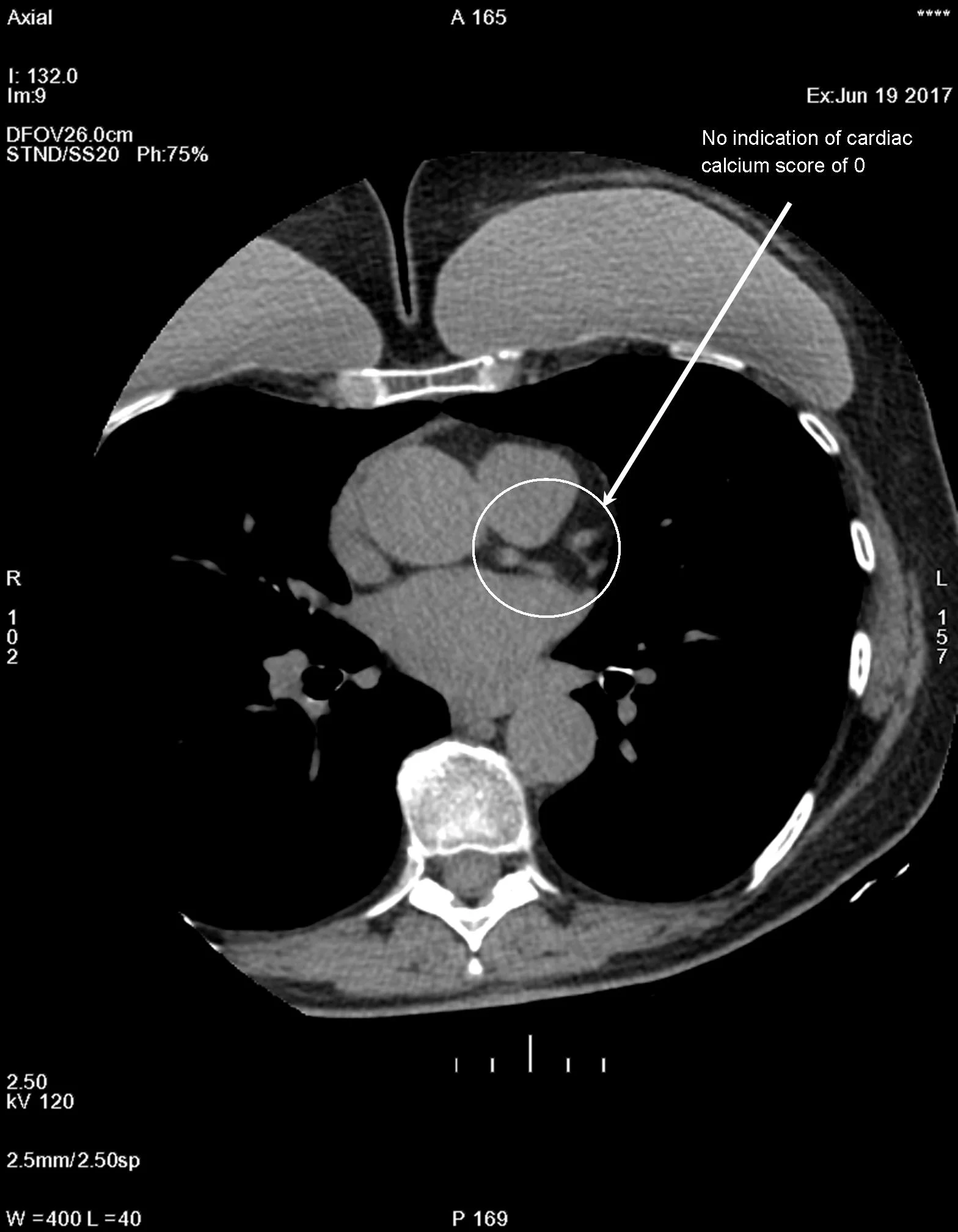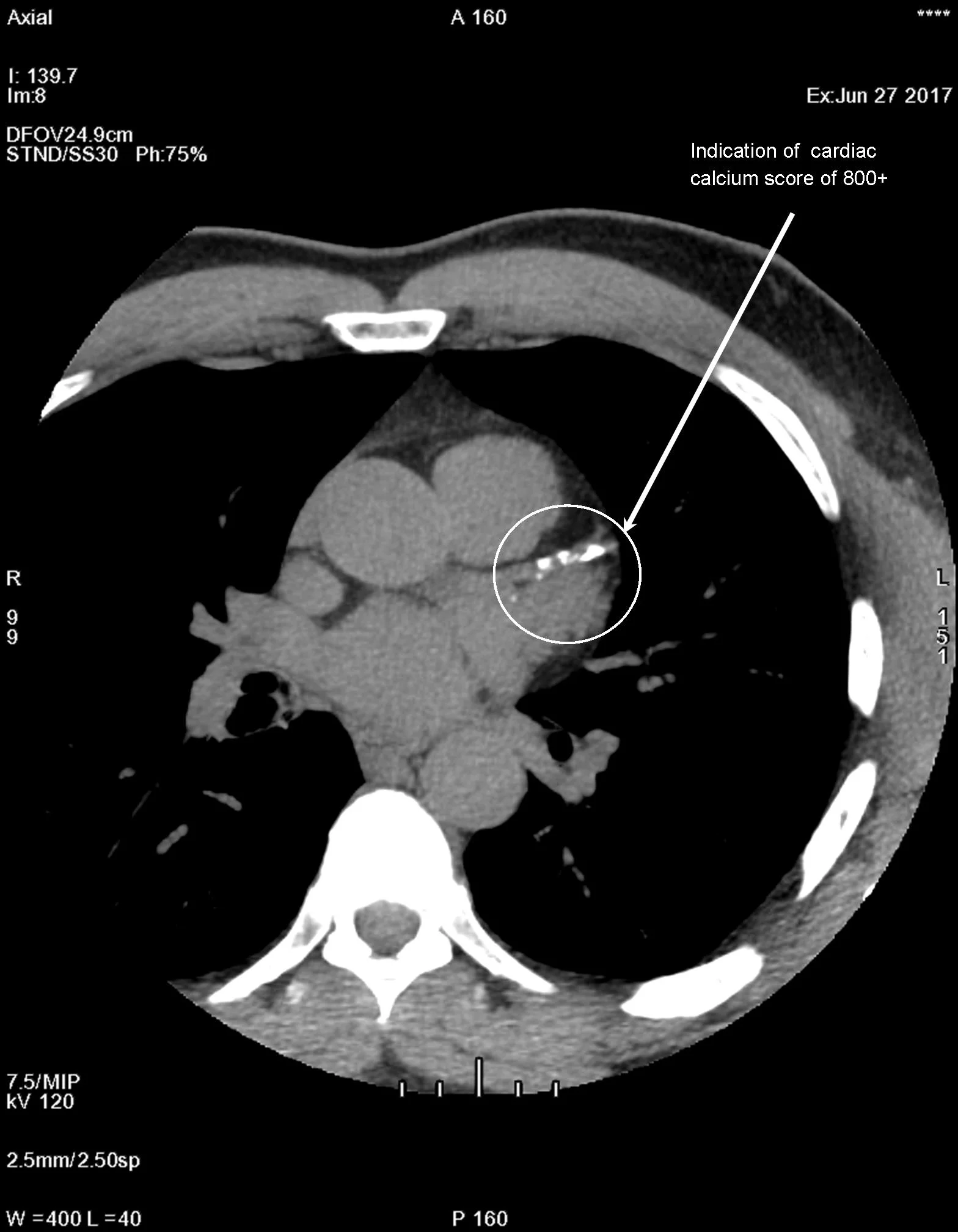Facts About Cardiac Calcium Screening
Cardiology Associates has been involved with Cardiac Calcium Screening for over 18 years and have experience in conducting thousands of these tests. It is a tremendous tool in helping to predict and treat patients with cardiac conditions.
What is Cardiac Calcium Screening?
This is a screening test performed on our ultra-fast CT scanner that measures how much calcified plaque is present in the heart arteries. Today’s research shows a direct correlation between the amount of calcium in these arteries and the likelihood of future cardiac events such as a heart attack or stroke. It is an overall assessment of one’s global risk for heart disease. The amount and density of the calcified plaque can predict the likelihood of a cardiac event, such as heart attack or need for coronary intervention over the next one to two years of the screening.
Who is an appropriate candidate to have a Cardiac Calcium Screening test?
If you have not had any symptoms and have any of the following you may consider having this screening. If you have a family history of heart disease, high cholesterol, high triglycerides, low HDL, high blood pressure, diabetes, overweight, inactive or are a male over 45 years of age or a woman over 55 years of age.
We offer Cardiac Calcium Screenings at our offices in Mobile on the campus of Springhill Medical Center and in Fairhope on the campus of Thomas Hospital.
How is the plaque measured if present?
A calcium score is compared to a national database and analyzed against other patients of the same age and gender. The following is what is used in defining your level of risk for developing coronary artery disease.
Score of 0 – No evidence of plaque and less than a 5% chance you have CAD
Score of 1-10 – Risk for heart attack is low, small amount of plaque is present. Consider quitting smoking, improving diet and getting regular exercise.
Score of 11-100 – Risk for heart attack is moderate. Plaque is present, CAD is present but only mild hardening of the arteries.
Score of 101-400 – Risk for heart attack is moderate to high. Plaque is present in moderate amount, CAD is present and plaque may be blocking an artery. Physician may suggest additional testing.
Score of 400+ - Risk for heart attack is high. Plaque is present and extensive. More than a 90% chance plaque is blocking one of the coronary arteries. Physician will recommend additional testing.
Cardiac calcium score images from an ultra-fast CT of the heart. Photo to the left no plaque is present, with a score of zero. Photo on the right plaque is present, with a score of 802.


